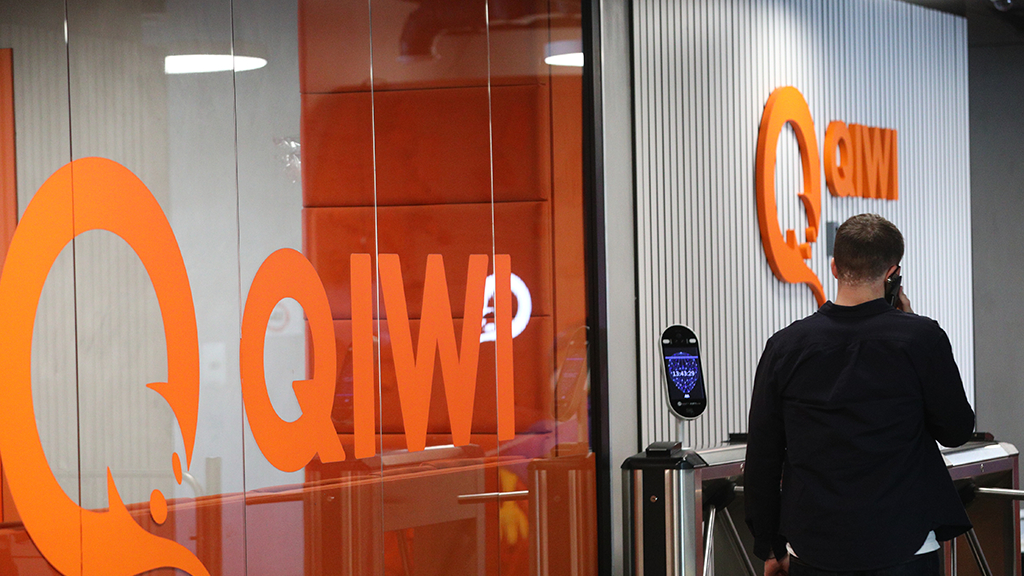Kuwait’s electricity consumption has fallen by more than 50% after strict measures against cryptocurrency mining were introduced

Al-Wafra city authorities have taken strong action against suspected miners, leading to a 55% drop in electricity consumption in just one week. According to Reuters, Kuwait is facing an energy crisis due to soaring summer temperatures. An increase in the number of citizens using the power grid to keep cool, combined with maintenance delays at some power plants, is creating additional problems. Authorities say the activities of cryptocurrency miners are significantly increasing the demand for electricity, exceeding the country’s capacity and causing outages.
Cryptocurrency miners’ activities are significantly increasing the demand for electricity, exceeding the country’s capacity and causing outages.
Although cryptocurrency trading is banned in Kuwait, mining itself is not explicitly prohibited. However, the interior ministry has said it is an “illegal exploitation of electricity” that can cause blackouts in residential and commercial areas, posing a threat to public safety. As a result, government raids have targeted about 100 homes suspected of cryptocurrency mining; some of them consume more than 20 times more electricity than the average Kuwaiti household.
At the end of the day, the government’s raids have targeted about 100 homes suspected of cryptocurrency mining; some of them consume more than 20 times more electricity than the average Kuwaiti household.
Mining cryptocurrency requires significant energy resources: a single Bitcoin transaction consumes more than 1,047 kWh – equivalent to the monthly consumption of the average American household. Studies show that Kuwaiti miners in 2022 accounted for less than half a percent of total global mining. However, Digiconomist founder Alex de Vries-Gao said, “Even a small fraction of total bitcoin mining could have a significant impact on Kuwait’s relatively modest energy consumption.”

Kuwait is a small oil-rich country in the Middle East where electricity is available due to the low cost of fuel. This makes the country attractive to cryptocurrency miners as electricity costs are one of the major expenses of their operations. However, limited electricity supplies and a growing population create competition for resources between miners and locals. Given the ban on cryptocurrency trading, the authorities also see the need for tough measures against mining.
Cryptocurrency miners are not the only ones who are not allowed to trade cryptocurrencies.
This case highlights the growing energy needs for powerful computing. While cryptocurrency mining requires significant amounts of energy, data centers for artificial intelligence pose an even greater threat to power supply. Meta* founder Mark Zuckerberg warns that limitations in the power grid could slow AI development; companies are turning to nuclear reactors to provide the necessary energy for their large data centers. Even with sufficient energy, the quality of the power supply can deteriorate, shortening the life of appliances.
* Owned by Meta, it is recognized as an extremist organization in Russia and its activities are banned.
The article Kuwait’s electricity consumption drops by more than 50% after strict measures against cryptocurrency mining was first published on ITZine.ru.








